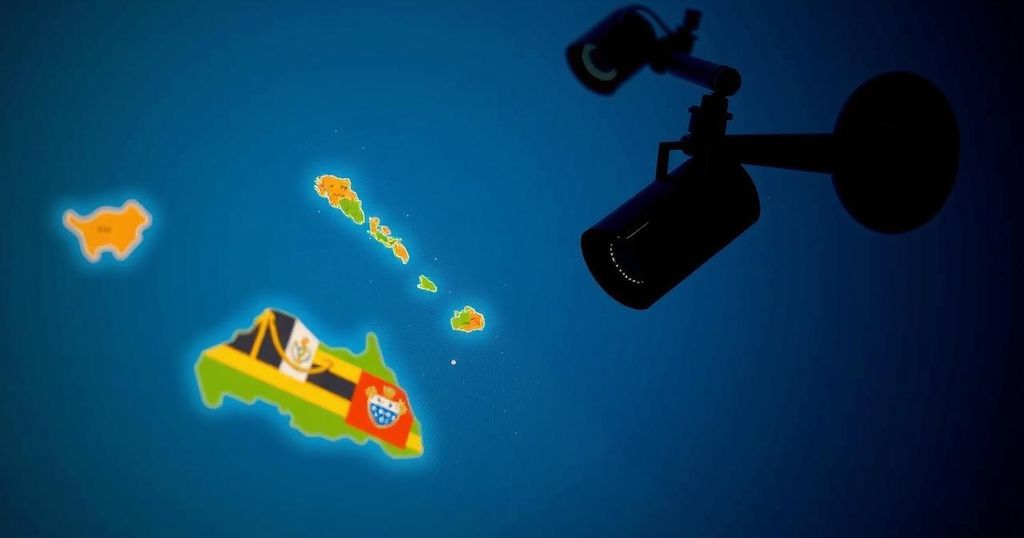Mauritius will conduct its general elections amid a wire-tapping scandal that has raised alarms about the erosion of democracy. Prime Minister Pravind Jugnauth faces mounting challenges against rival Navin Ramgoolam and new alliances criticizing corruption and nepotism. The elections come soon after a historic agreement over the Chagos Islands but are overshadowed by concerns regarding governmental integrity and representation for marginalized communities.
Mauritius is set to conduct its general elections, a pivotal event tainted by a significant wire-tapping scandal that has raised concerns regarding the decline of citizens’ rights within this progress-driven nation. This election follows a historic agreement with Britain over the Chagos Islands, yet the scandal has overshadowed the political landscape. Prime Minister Pravind Jugnauth, aiming for re-election, faces challenges after leaked recordings of politicians and journalists emerged, prompting authorities to momentarily ban social media—only to reverse this decision amid public outcry. Since gaining independence in 1968, Mauritius has enjoyed political stability and economic growth, primarily through tourism and finance. However, over one million registered voters will participate in this 12th legislative election, with fears mounting that the political institutions enabling democracy are faltering. Democracy researcher Roukaya Kasenally has remarked on the degradation of checks and balances within the political system, noting past corruption during the pandemic and the suppression of opposition parties. The recent Ibrahim Index also indicates a decline in governance quality, particularly affecting the Creole community, which continues to struggle for adequate representation in a predominantly Hindu society. Since independence, political power has consistently rotated among three families. Jugnauth inherited leadership from his father, and he seeks to maintain his authority against main rival Navin Ramgoolam, the Labour Party leader. Meanwhile, new opponents like the Linion Reform alliance challenge the status quo, advocating against nepotism and demanding accountability in the wake of the wire-tapping leaks. Despite the wire-tapping clouds, the government’s successful negotiation over the Chagos Islands signifies progress, though future implications remain uncertain, particularly in light of changing US geopolitical strategies.
This article discusses the context surrounding the upcoming general elections in Mauritius, focusing on the impact of a wire-tapping scandal on its political environment. It highlights the historical context of Mauritius’ democratic journey since independence and the challenges faced by its governance structures. The mention of the Chagos Islands agreement underscores a significant geopolitical development related to the nation’s sovereignty in the region. The piece emphasizes the growing concerns about democracy and representation, particularly for marginalized communities, while setting the stage for potential political shifts post-election.
In conclusion, the approaching elections in Mauritius are particularly critical as they occur amidst a troubling wire-tapping scandal that has elicited widespread concern about democratic integrity. With a notable history of political stability, the nation now faces the challenge of addressing systemic issues that threaten its achievements. The electoral outcome will not only influence the governance of Mauritius but could also signal a pivotal shift in its political landscape as citizens advocate for transparency and accountability.
Original Source: www.seychellesnewsagency.com






